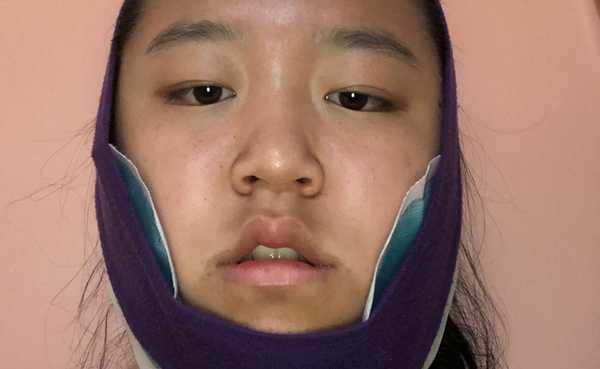What does it mean to be Asian? Is it knowing karate, eating with chopsticks and having parents with thick accents? Is it it succeeding on every single math test and having aspirations of becoming a doctor? Or maybe it’s quiet voices, subservient attitudes and Ivy League acceptances. Whatever it is, though, there’s a degree of excellence that is expected.
The best. Perfect. Model.
When I was a sophomore in high school, my parents were buzzing with the news that a Korean-American math prodigy was offered a dual-enrollment at Harvard and Stanford. Rumor had it that the two top universities in the nation were sending her scholarship offers and personal letters of encouragement. Korean media outlets ate the story up and dubbed her as the “Genius Girl”. But when it all turned out to be a lie, Korean and American communities alike struggled to understand the reason behind her failed hoax.
Just a year later, I read an article about a young Canadian woman named Jennifer Pan, who’s fear of failure and disappointment drove her to forge her grades and college acceptances. Pan spent years paying professional forgers to pretend that she graduated from college and was working as a pharmacist. When her lies fell through, she hired gunmen to stage a break-in and shoot her parents. At the time when I heard these stories as I was preparing to start my future, I was terrified. But looking back, more than terrified, I was uncomfortable. The stories of Pan’s early life and that of the unnamed Korean-American math prodigy were not unfamiliar ones: the children of immigrant parents, well-rounded young individuals with aspirations and dreams, model students who feared dissatisfaction and disappointment.
We were cast in the same mold.
I recall Andrew Sun, who jumped to his death as a sophomore at Harvard.
I remember Jiwon Lee, a Columbia dental student who left a note saying that she was “not living up to expectations” before jumping into the Hudson River.
I’m reminded of myself and of my peers, of heavy hearts under the weights of pressure and stress, of constant thoughts of not being smart enough, good enough, strong enough.
So if we zoom out into a bird’s eye perspective, we find that there is a mental health problem within the Asian-American community – a problem that drives us to hoaxes, suicide, and murder. A problem that stems from being told we’re the model minority and carving the word success in our bloodstreams, only to be rejected when we show human qualities of failure. In the Asian community, there is rarely an answer. Mental illness is too often seen as a weakness of character rather than a cry for help. What a tragic irony it is for the model minority to be excelling while suffering in silence. And what an incredible insult it is to the countless of Asian lives lost that we continue to perpetuate stereotypes.
Our nation’s educational system is founded upon competition and superfluous opportunities, so of course, this isn’t just an Asian American problem. But when Asians are told from the very beginning that they’re held to exemplary standards, there’s a disproportionate emphasis on success that resonates with their identities. From the nerdy trope on television to universities limiting the number of Asians being accepted, there is a highly disastrous preconception in American culture that we are defined by academic success. And while the issue of Asian-American mental health has deeper roots in culture, so many solutions can be offered to alleviate the silence many suffer through.
Let’s dethrone the model minority title. Speak up about mental disorders in the Asian community. Introduce Asian characters in books, movies, television series that break away from the profile of nerdy students. Communicate that dialogue is important, even more so between parent and child. Teach Asian children from a young age that success is self-defined, not predetermined.
Let’s stop pointing fingers at one’s every exam result and college acceptance and social standing.
Let’s resonate peace within a community held prisoner by fears of failure and rejection.
From my short, 18 years of experience in life as an Asian-American, the most upsetting circumstance isn’t the fact that I’ve faced discrimination; it’s the notion that this behavior is expected toward me and that there is virtually nothing I can do about it.
Being Asian simply means that my heritage and culture stems from Asia. It does not mean I lack the human qualities of trial and error, making mistakes, and being imperfect.



















